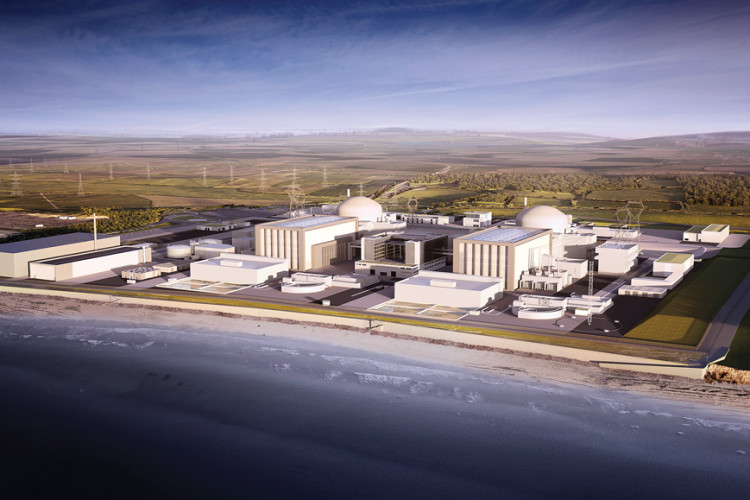Instead, the government rationale has been all about investing in infrastructure to stimulate economic activity.
The public accounts committee (PAC), which represents backbench MPs from all parties, points out that estimated costs to the consumer have risen five-fold since the original decision to go ahead. Over the 35-year life of the contract, consumers are left footing the bill and the poorest will be hit hardest. By contrast, renewable energy costs have fallen substantially.
As the financial case for Hinkley has weakened, the government has talked up the boost to jobs and skills that Hinkley will generate. But it has no clear plan of how these wider benefits will be achieved, or how it will measure success.
PAC chair Meg Hillier MP said: "Bill-payers have been dealt a bad hand by the Government in its approach to this project. Its blinkered determination to agree the Hinkley deal, regardless of changing circumstances, means that for years to come energy consumers will face costs running to many times the original estimate.
“The government made some grave strategic errors here and must now explain what it will do to ensure these are not repeated. But more than that, it must deliver the supposed wider benefits of this project—benefits government has talked up progressively as the case for Hinkley Point C has weakened, but which it has no plan to secure.

“There is clearly scope to link the nuclear programme to the wider strategy of driving economic opportunities and growth.
“Government credibility in this area will inevitably be questioned when – by its own admission – it doesn't know what UK workers and business will gain from this project, and appears to have no coherent idea of what to do about it."
The PAC report also highlights the weakening economic case for nuclear, given that it is now so much more expensive than renewable energy.
The government last formally considered its strategic case for nuclear in 2008. It is committed to nuclear power to complement intermittent renewable technologies, such as wind and solar. But the estimated costs of electricity from nuclear power stations have more than doubled since 2008, from around £48 per MWh (in 2012 prices) to £92 per MWh. At the same time, the costs of wind and solar energy have fallen faster than expected. In September 2017, the government announced that it had agreed new contracts to support offshore wind in the mid-2020s for £57.50 per MWh, nearly half the cost of electricity generated by Hinkley Point C.
The Public Accounts Committee report on Hinkley Point C is at publications.parliament.uk
Got a story? Email news@theconstructionindex.co.uk



